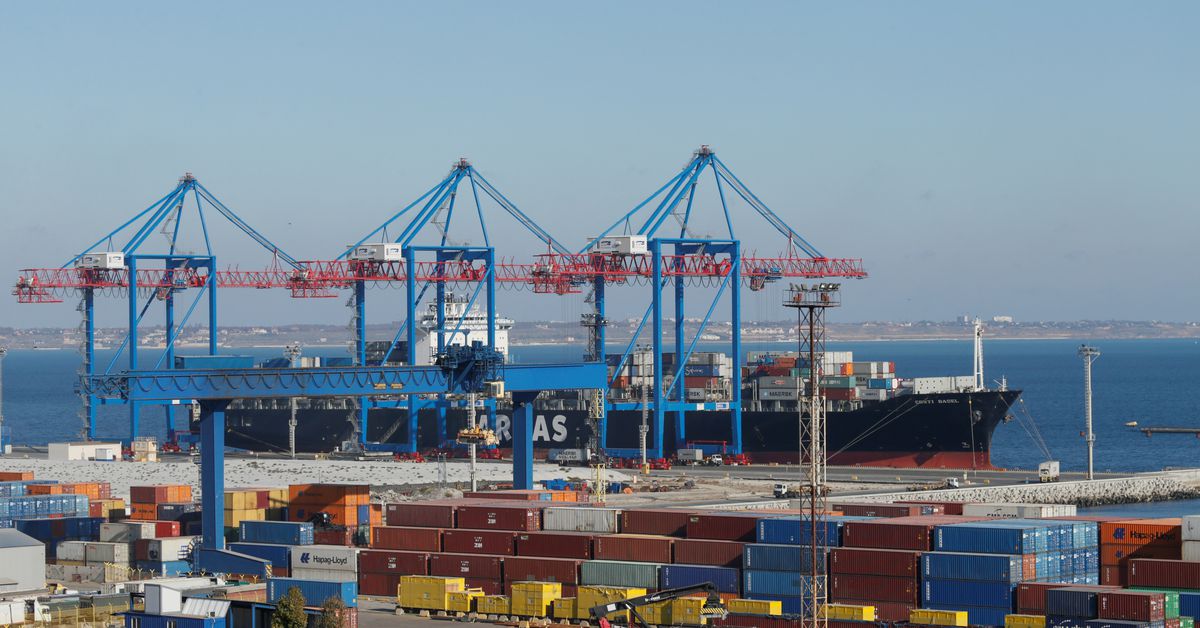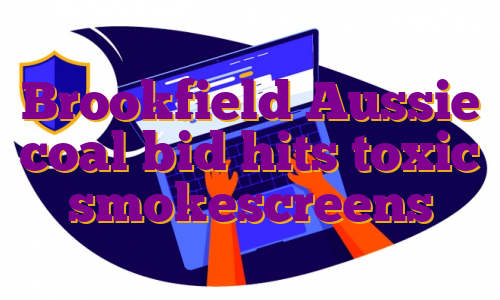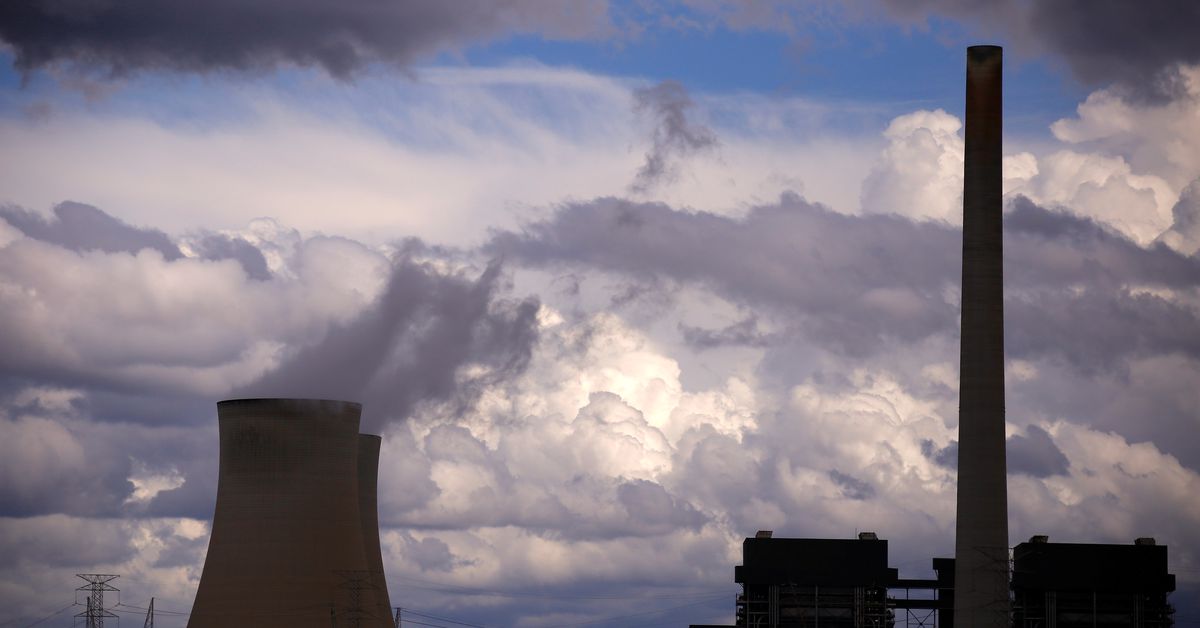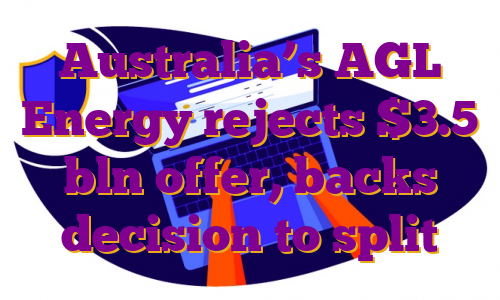AGL Energy’s Liddell coal-fired power station is pictured in the Hunter Valley, north of Sydney, Australia, April 9, 2017. REUTERS/Jason ReedRegister now for FREE unlimited access to Reuters.com
- New offer pitched at 15% premium to pre-bid price
- AGL says demerger offers better value to shareholders
- AGL shares slip but hold above pre-bid price
MELBOURNE, March 7 (Reuters) – Australia’s AGL Energy confirmed on Monday it rejected a sweetened A$5.4 billion ($4.0 billion) takeover proposal from tech billionaire Mike Cannon-Brookes and Canada’s Brookfield Asset Management (BAMa.TO), saying it still undervalued Australia’s top power producer.Brookfield and Cannon-Brookes said they had walked away, leaving AGL to pursue plans to split its coal-fired power business from its energy retail business. AGL is Australia’s biggest carbon emitter and the consortium had planned to speed up the closure of its coal-fired power plants.”We are no longer engaged,” a Brookfield spokesperson said, declining to comment further.Register now for FREE unlimited access to Reuters.comThe revised proposal was pitched at A$8.25 a share, a 15% premium to AGL’s share price on Feb. 18, ahead of a first surprise approach from the Brookfield-led consortium at A$7.50 a share. The premium above AGL’s close last Friday.AGL’s shares fell 1.2% to A$7.34 on Monday but stayed above their pre-bid price.AGL is looking to split into two companies called Accel and AGL Australia following a 75% slump in the group’s value over the past five years, hammered by an influx of cheap solar and wind power and government pressure on utilities to slash power prices to households.Chief Executive Graeme Hunt said the demerged businesses would both have growth prospects in the shift to cleaner energy, with the biggest energy retail customer base in AGL Australia and valuable energy sites with 2.7 gigawatts of projects in the Accel business.”We see that the combined value of both entities is higher than the value of the company as it stands today, but none of that has been reflected in the offer that we received,” Hunt told Reuters.Cannon-Brookes said on Twitter the demerger path “was a terrible outcome for shareholders, taxpayers, customers, Australia and the planet we all share”.Fund managers who have shunned AGL’s shares over the past few years said it was hard to put a value on its demerger plan in a market that faces a range of challenges in the energy transition.Morgan Stanley raised its price target AGL to A$7.50 from A$6.88 on Friday and said there was potential for a 25% to 30% rise in a scenario in which all its coal-fired plants are closed by 2030 and it invests in 10 GW of renewables and back-up capacity.($1 = 1.3570 Australian dollars)Register now for FREE unlimited access to Reuters.comReporting by Sonali Paul in Melbourne and Savyata Mishra in Bengaluru; Editing by Chris ReeseOur Standards: The Thomson Reuters Trust Principles. .








